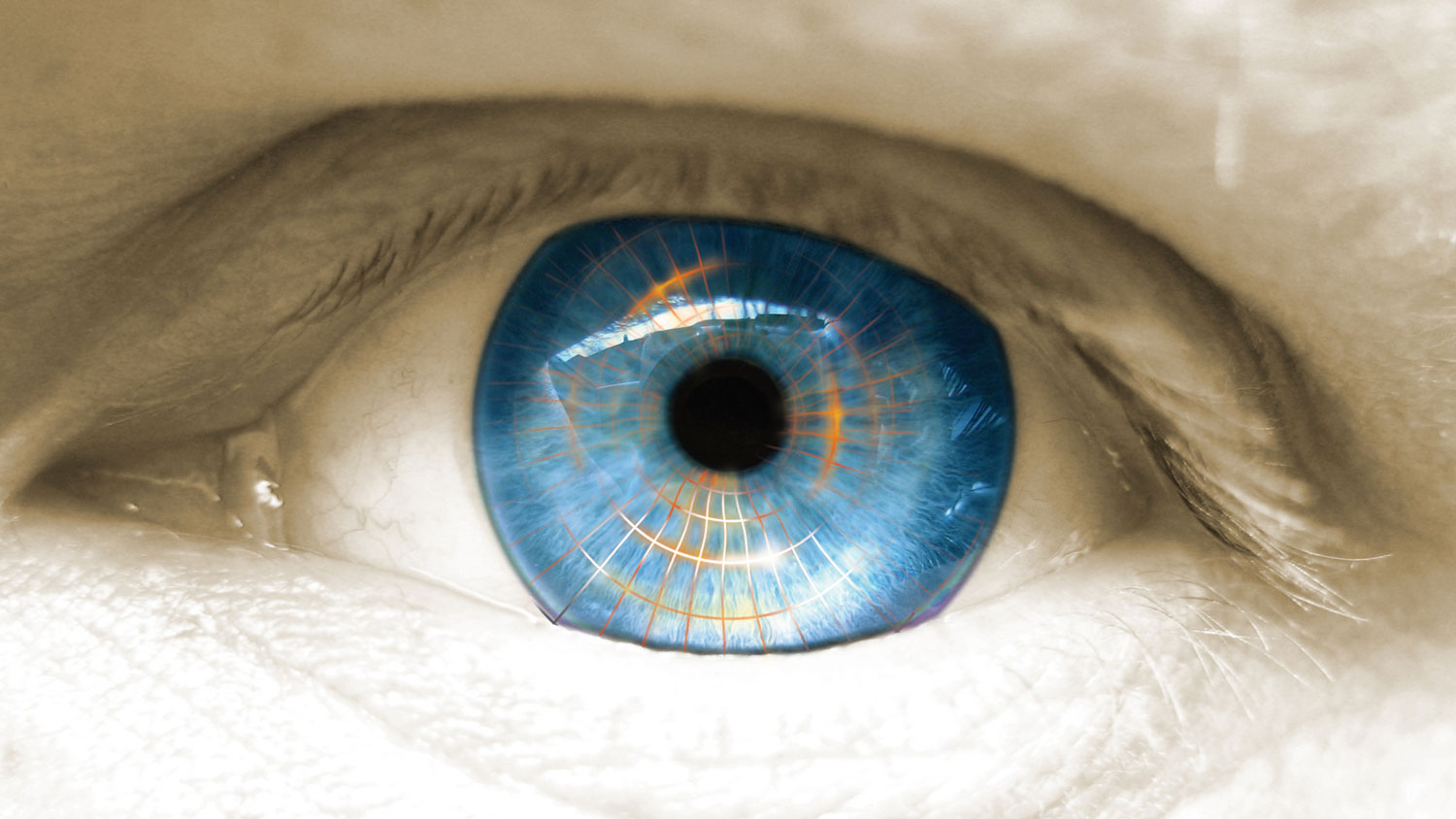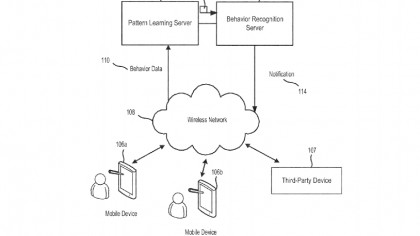Future iPhones might know you better than you know yourself
eyePhone might be more accurate, because soon it could watch and learn

Our phones already know where we are, where we live and potentially a whole lot more depending on how we use them, such as where we shop and what we buy. But an Apple patent hints at a future where phones will learn our behaviour and habits too, essentially building a complete profile of us.
The patent, published by the U.S. Patent and Trademark Office and spotted by Apple Insider, details a system which monitors user's behaviour, covering everything from location and input gesture patterns to grammar, vocabulary and preferences, such as which orientation you tend to use the keyboard in.
It could theoretically even gather information from motion sensor data, for example using the accelerometer to keep track of the speed and manner in which you tend to walk.
More security, less privacy
There's a point to all this of course, the system is designed to add an extra layer of security to your iPhone, with a system in place whereby it would lock itself or send a warning to another device if it spotted a lot of unusual behaviour.
The theory being that if it was operated in a way that deviated too much from your usual patterns it could be someone else using it.

But while it's marketed with security in mind it also brings up security and privacy concerns. Many people are already uncomfortable with how much data is routinely gathered on them and this could take it to a whole new level.
What if it fell into the wrong hands? And even if it stayed with Apple do we really want a company to know this much about us? There are certainly ways it could be leveraged to advertise at us if nothing else.
Get daily insight, inspiration and deals in your inbox
Sign up for breaking news, reviews, opinion, top tech deals, and more.
Of course right now these are all hypotheticals and if the system ever was rolled out it would likely be optional and have controls to limit which data could be gathered, but the mere fact that a phone could one day gather all this about us is a little bit scary.
- Less privacy could be a good thing, according to Google's Larry Page.
James is a freelance phones, tablets and wearables writer and sub-editor at TechRadar. He has a love for everything ‘smart’, from watches to lights, and can often be found arguing with AI assistants or drowning in the latest apps. James also contributes to 3G.co.uk, 4G.co.uk and 5G.co.uk and has written for T3, Digital Camera World, Clarity Media and others, with work on the web, in print and on TV.